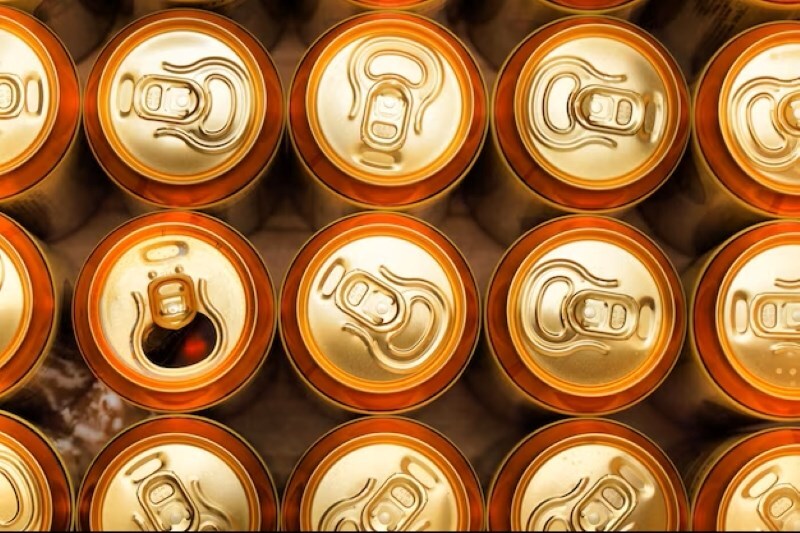

The Indian domestic beer industry is currently facing a challenging situation with a significant shortage of aluminium cans and there are worries about how this might impact its growth. In light of these challenges, the Brewers Association of India (BAI) has reached out to the government, asking for a temporary relaxation of quality control regulations to ensure they can keep importing without interruptions.

Starting April 1, 2025, the government has mandated that aluminium cans must meet BIS (Bureau of Indian Standards) certification through a quality control order (QCO). This change is expected to create some short-term supply issues for the beer industry and the wider beverage packaging sector.
How much shortage are we talking about?
The Indian beer industry is facing a significant challenge, with an annual shortage of 12 to 13 crore 500ml cans. This shortfall accounts for nearly 20 per cent of the country's total beer sales, which could lead to a staggering INR 1,300 crore (USD 146.64 million) loss in revenue for the government, as reported by the BAI.
Supply is hitting the capacity constraints
Major aluminium can manufacturers, BALL Beverage Packaging India and Can-Pack India, have hit their full production capacity domestically. Both companies have mentioned that expanding supply will take between six and twelve months due to the need for new production lines. This situation is adding to the challenges faced by the beer industry, which is already grappling with import delays from overseas suppliers because of BIS certification requirements.
The Managing Director and CEO of United Breweries Ltd (UBL) brought attention to a pressing issue. He pointed out that the industry is facing supply challenges that go beyond just inflation, especially when it comes to packaging materials, as there's a notable shortage of cans in India.
Also read: Brazil’s aluminium can industry holds firm in 2025, backed by growth and recycling
BAI's appeal to overcome the challenge
BAI, representing major beer producers like AB InBev, Carlsberg and United Breweries, has reached out to the government asking for a one-year delay on QCO norms. In a letter addressed to the Department for Promotion of Industry and Internal Trade, the association also requested an extension until April 1, 2026, for the enforcement of the QCO that mandates BIS certification for imported aluminium cans.
The government has pushed back the deadline for importing aluminium cans without BIS certification to September 30, 2025. However, BAI has expressed that this extension still falls short of making the import process effective for the country.
Broader economic impacts
According to BAI, the beer industry in India boasts over 55 breweries, with a hefty investment of around INR 25,000 crore (USD 2.9 billion). This sector provides jobs for more than 27,000 individuals and creates economic value not just in brewing but also in farming and related industries. However, the industry is currently grappling with short-term supply issues, particularly due to a shortage of aluminium cans.
Also read: Every Can Counts recycles over 75,000 aluminium cans in the UK and Ireland
BAI has further pointed out that expanding capacity will take at least a year. While the recent one-month extension is a step in the right direction, it's still not enough to boost domestic production or facilitate imports to fill the gap. The association has also raised concerns that this ongoing shortage is creating significant supply chain challenges for brewers and could impact government revenues, estimating an annual loss of INR 1,200 crore (USD 139 million) to INR 1,300 crore (USD 151 million) for both central and state governments, mainly due to decreased excise tax collections.
The shortage of aluminium cans is creating a ripple effect throughout the economy, impacting various related industries such as agriculture, packaging, logistics and retail in India as well.
Note: To feature your brand and share insights, contribute an article or interview in our forthcoming e-magazine "End-user Revolution: ALuminium’s Impact on Modern Living"
Responses








